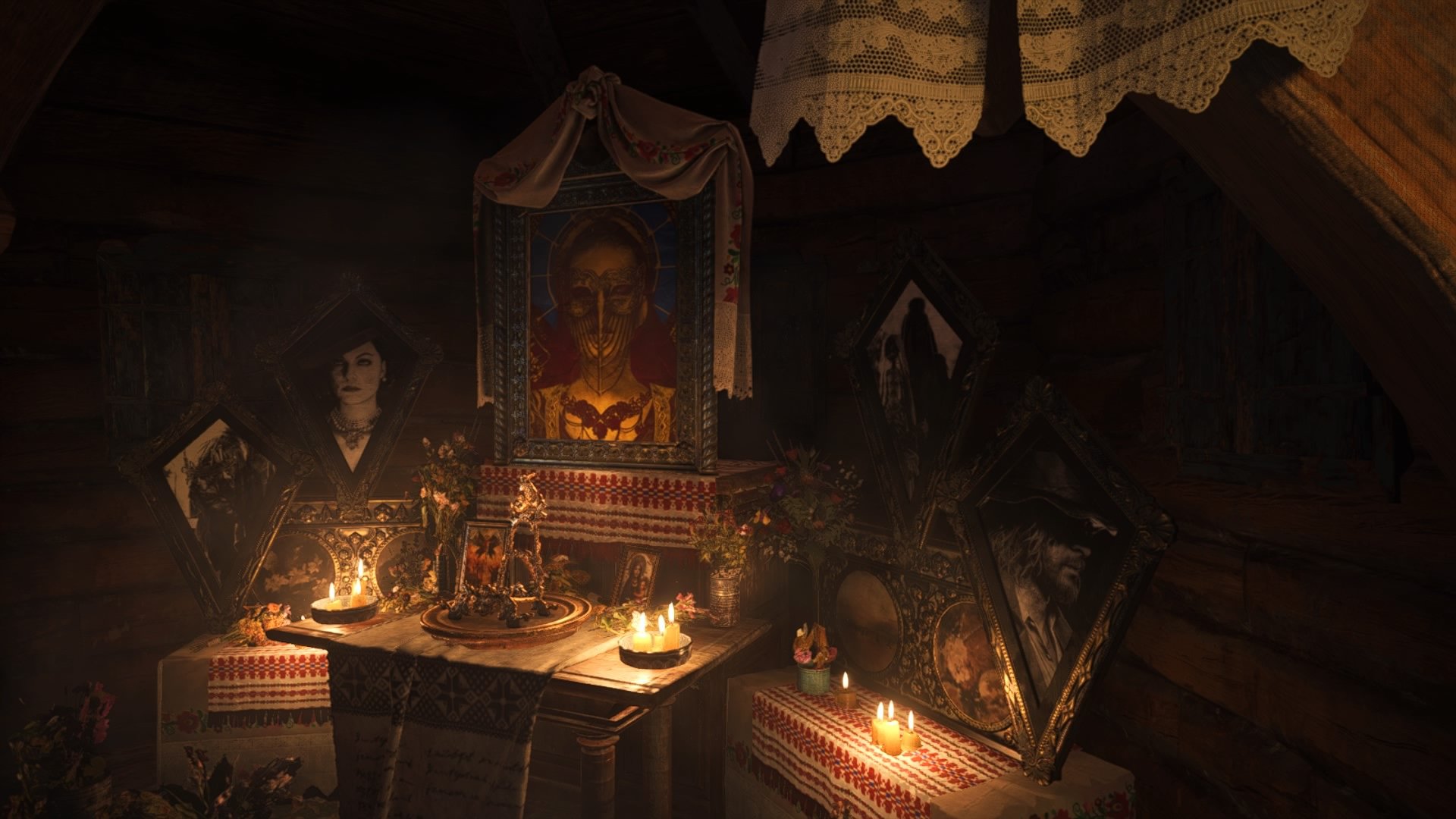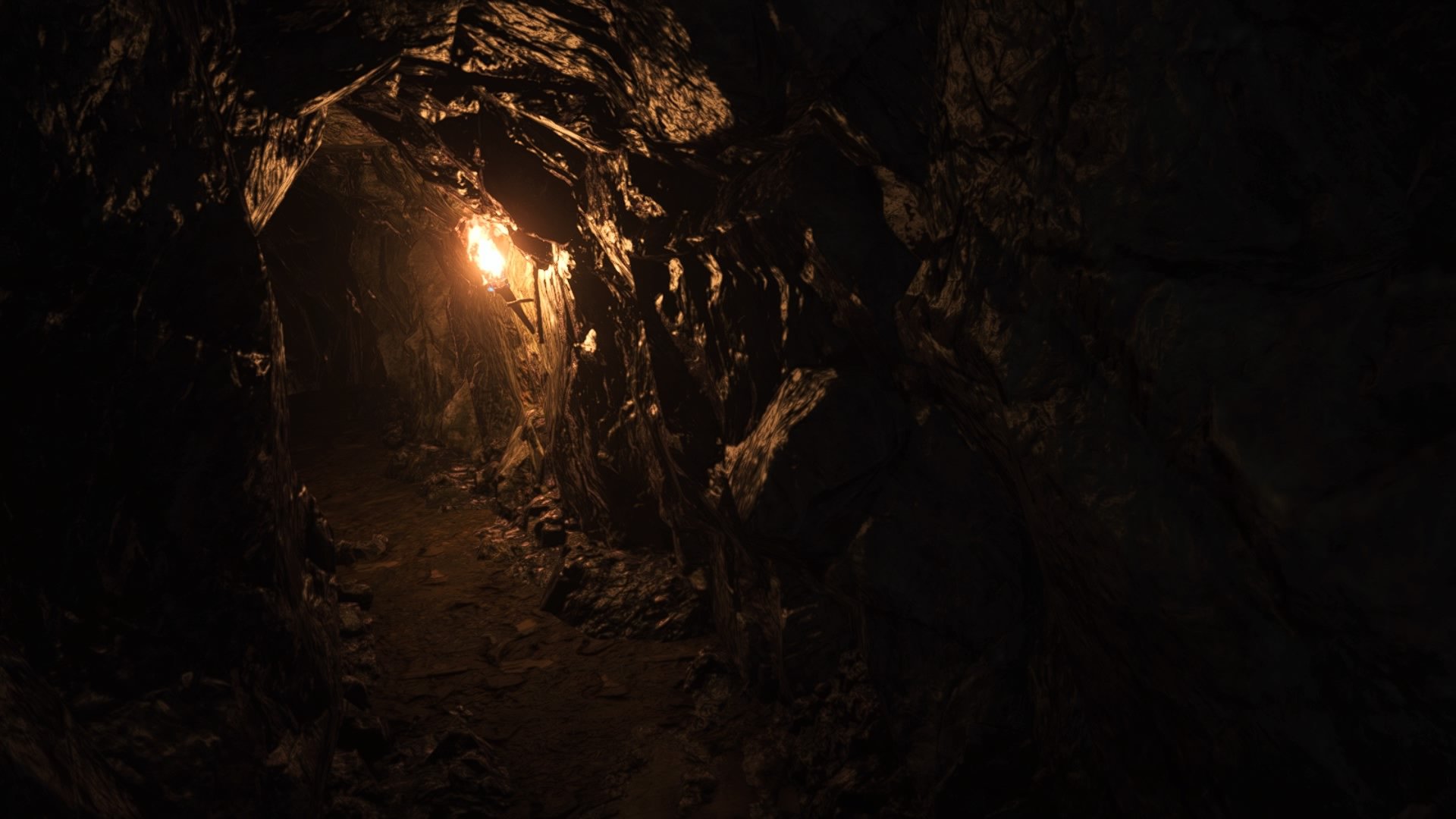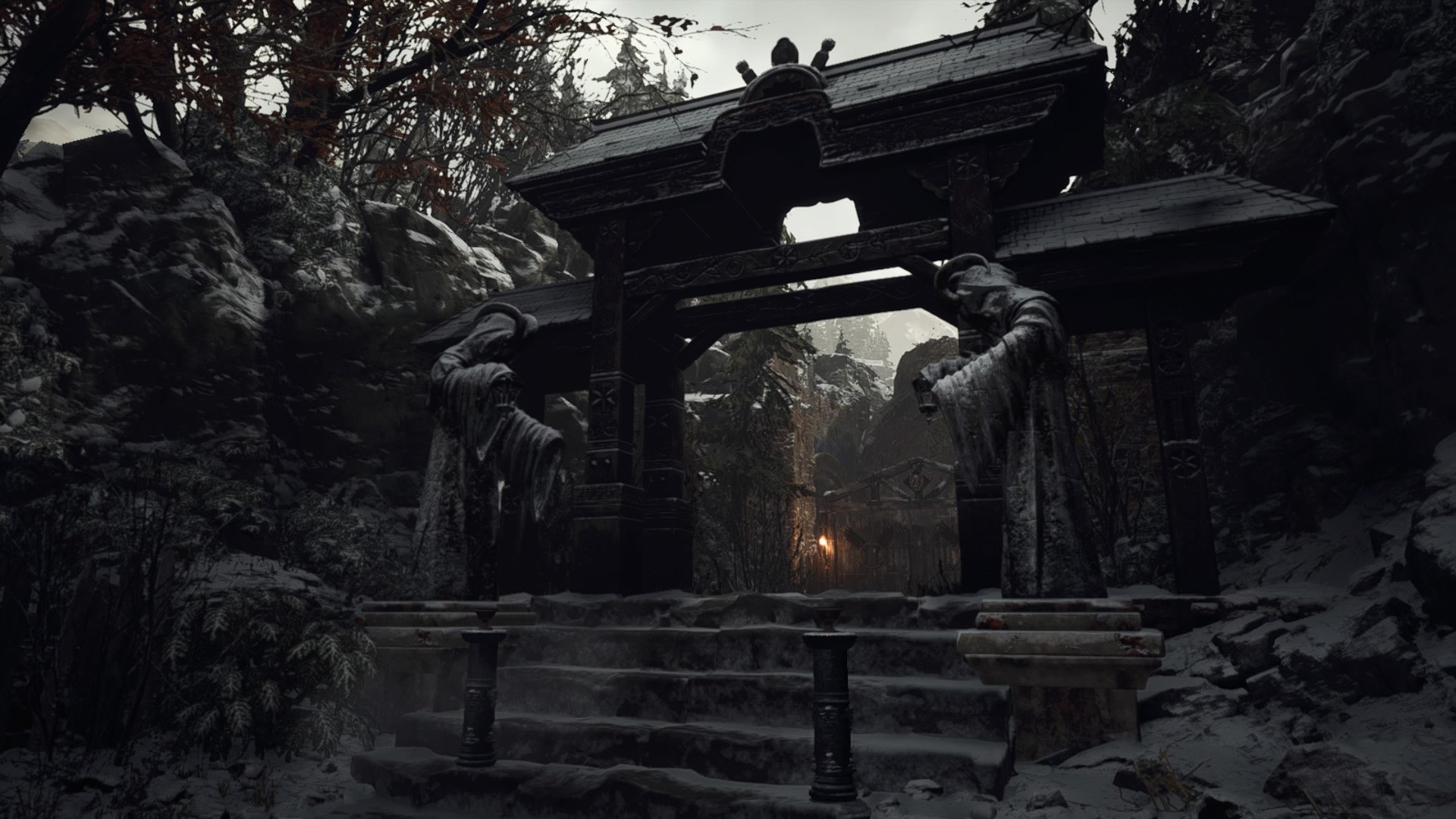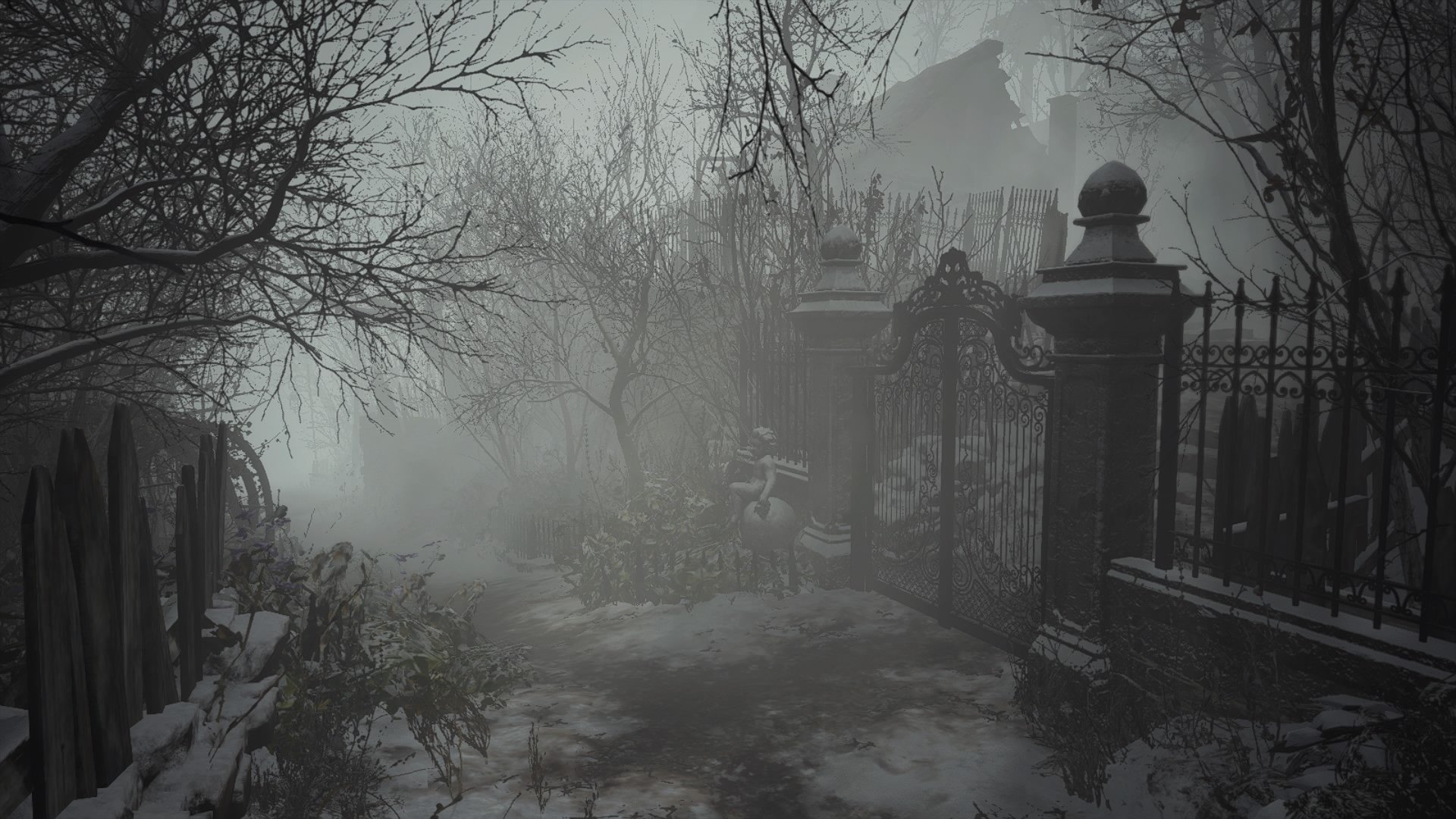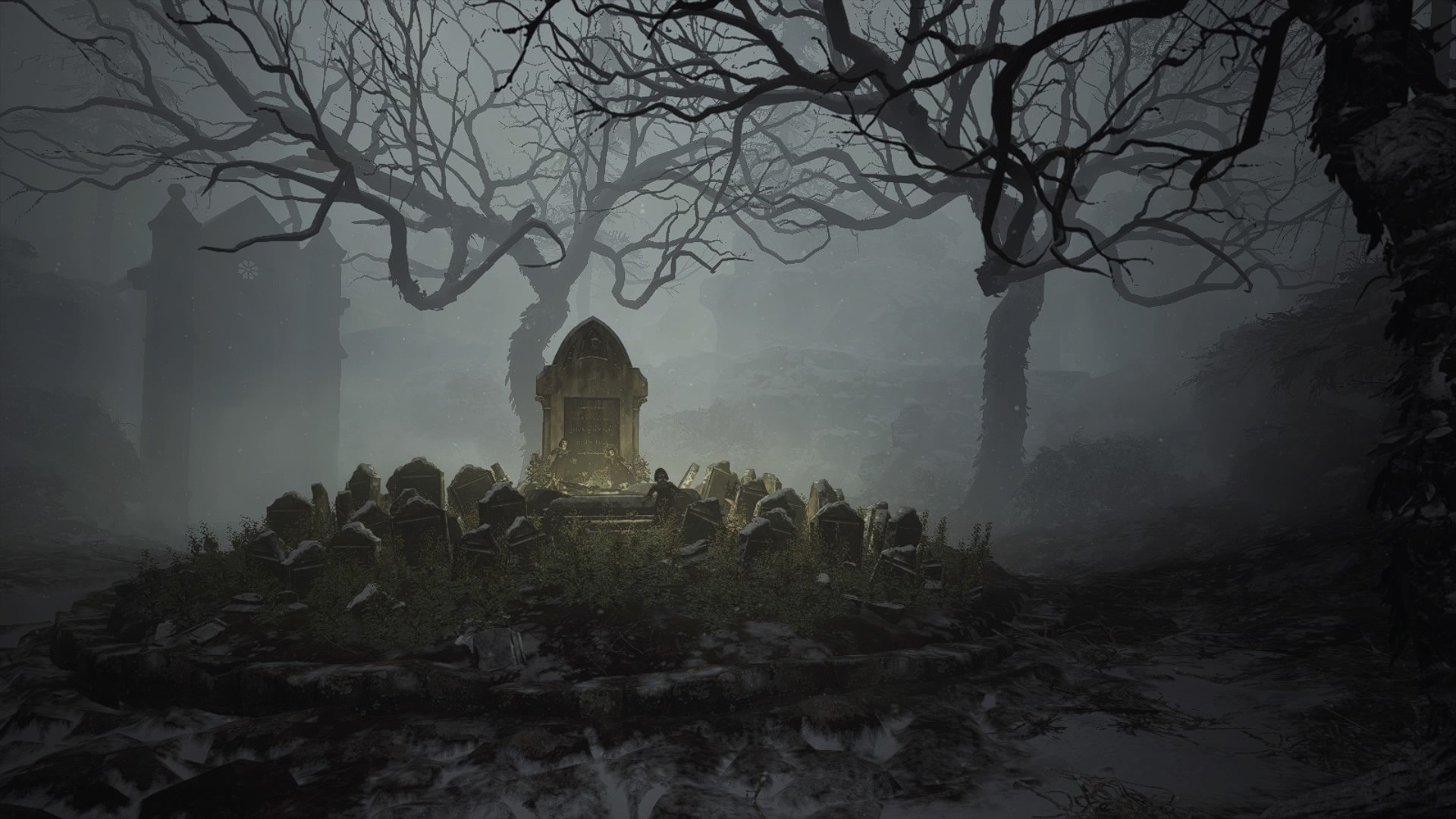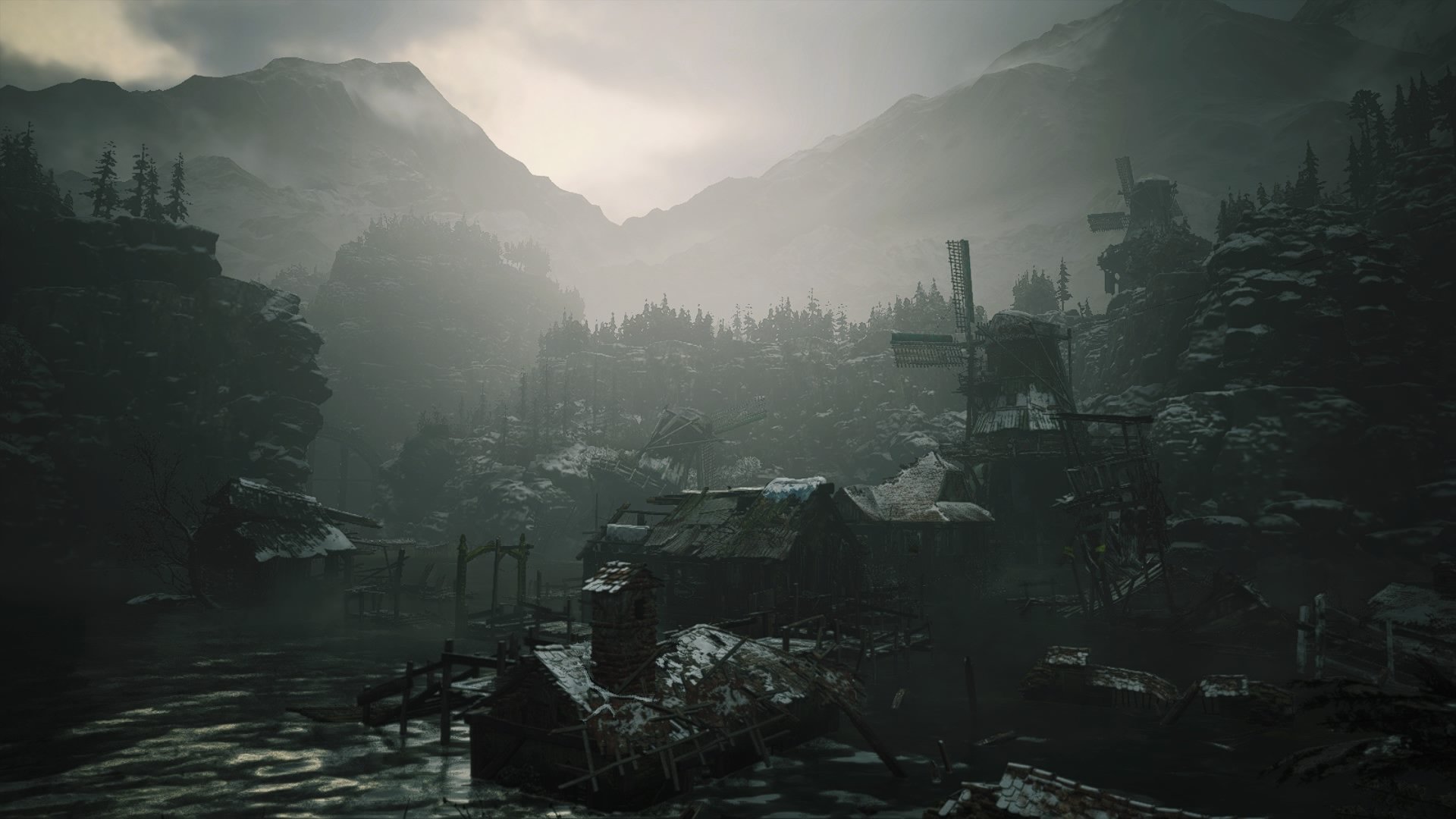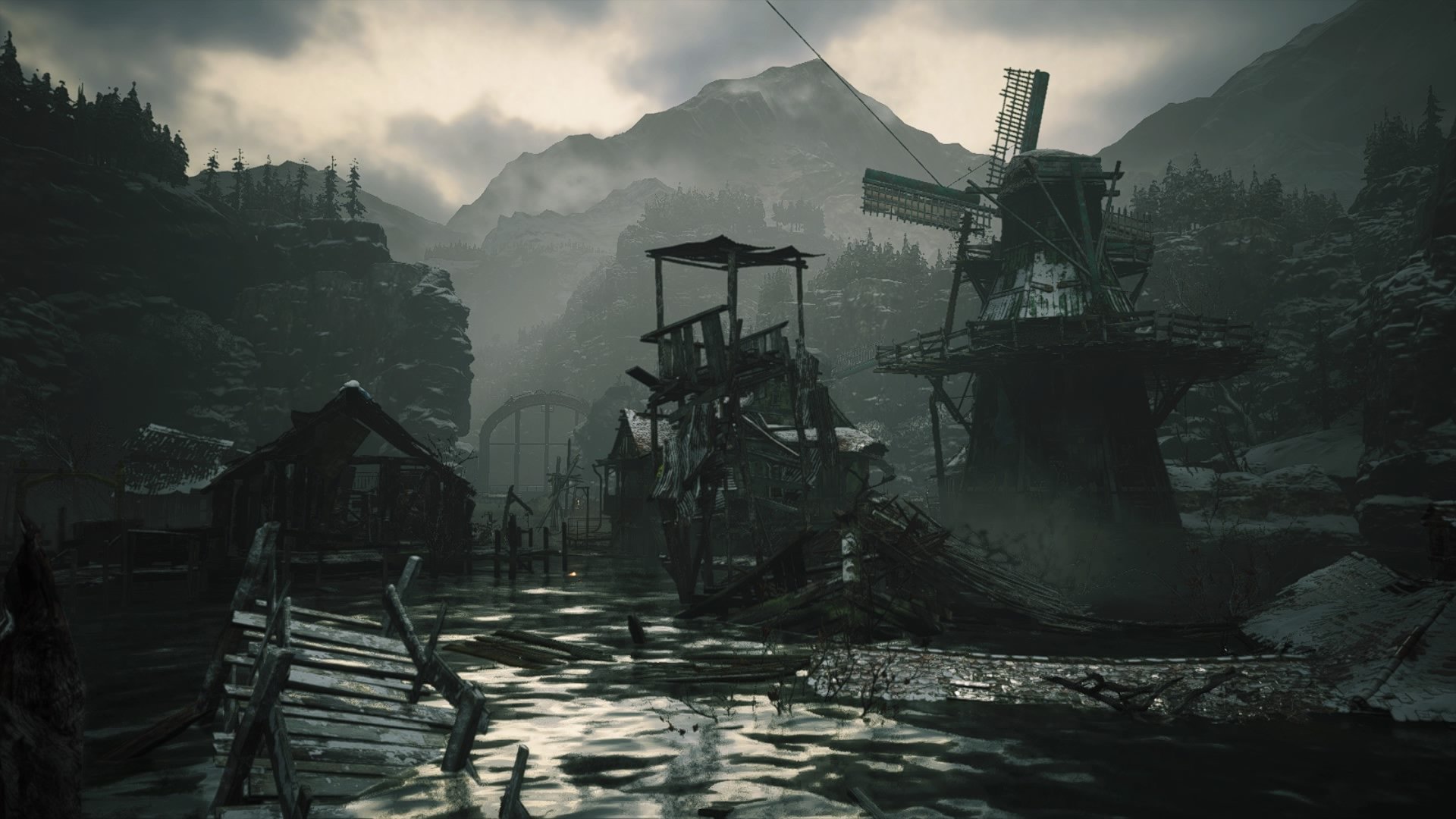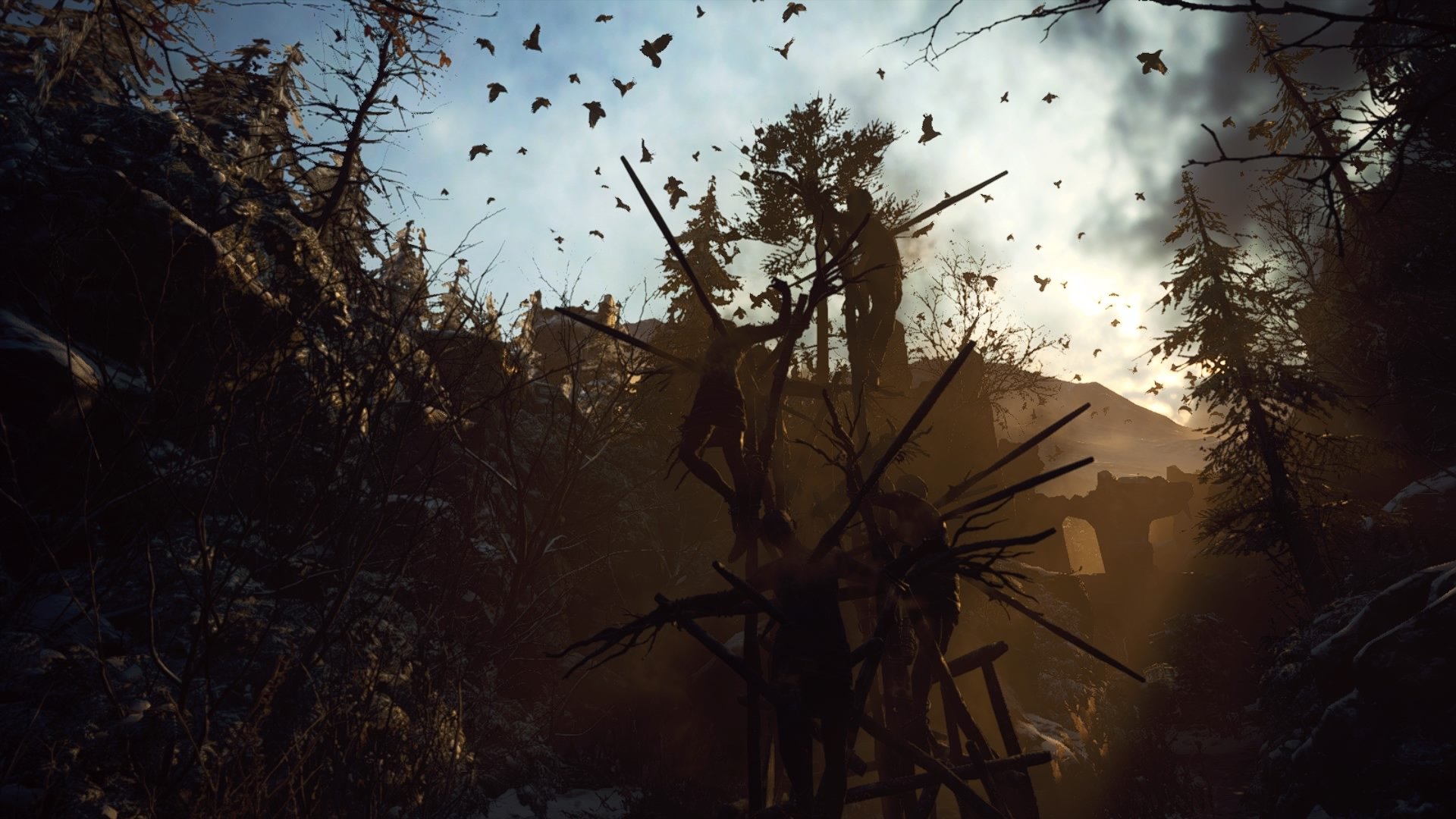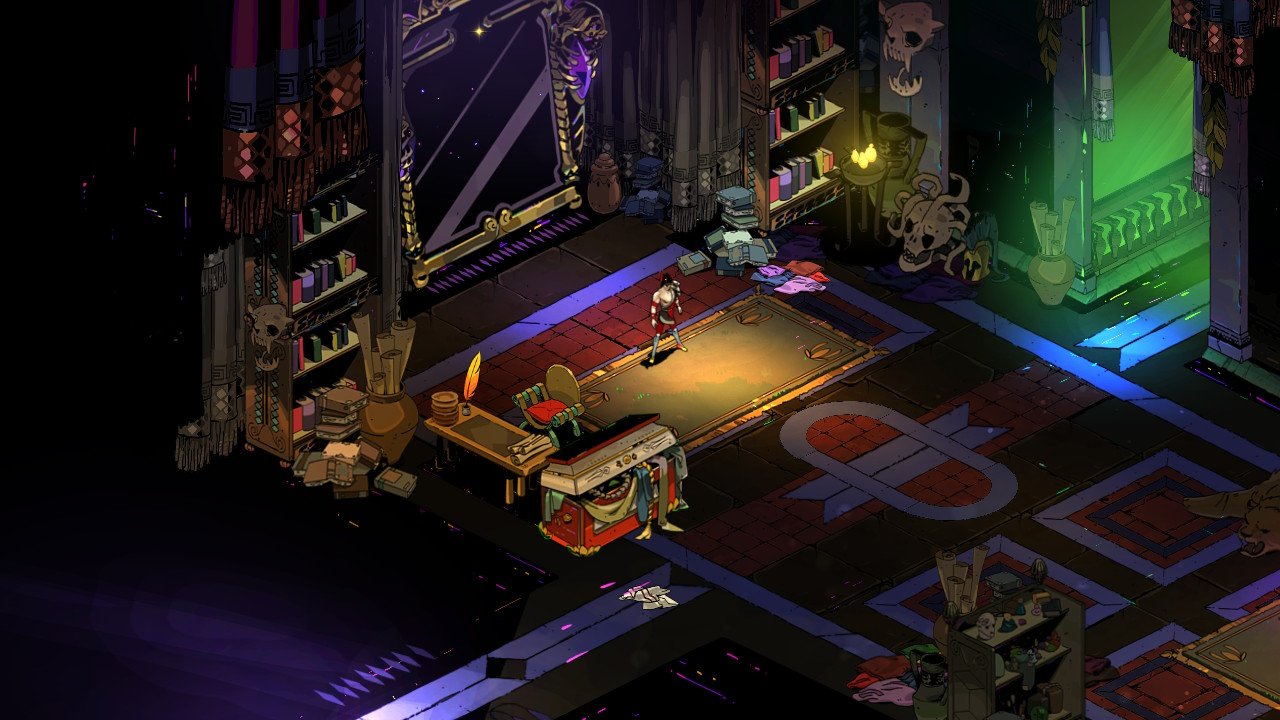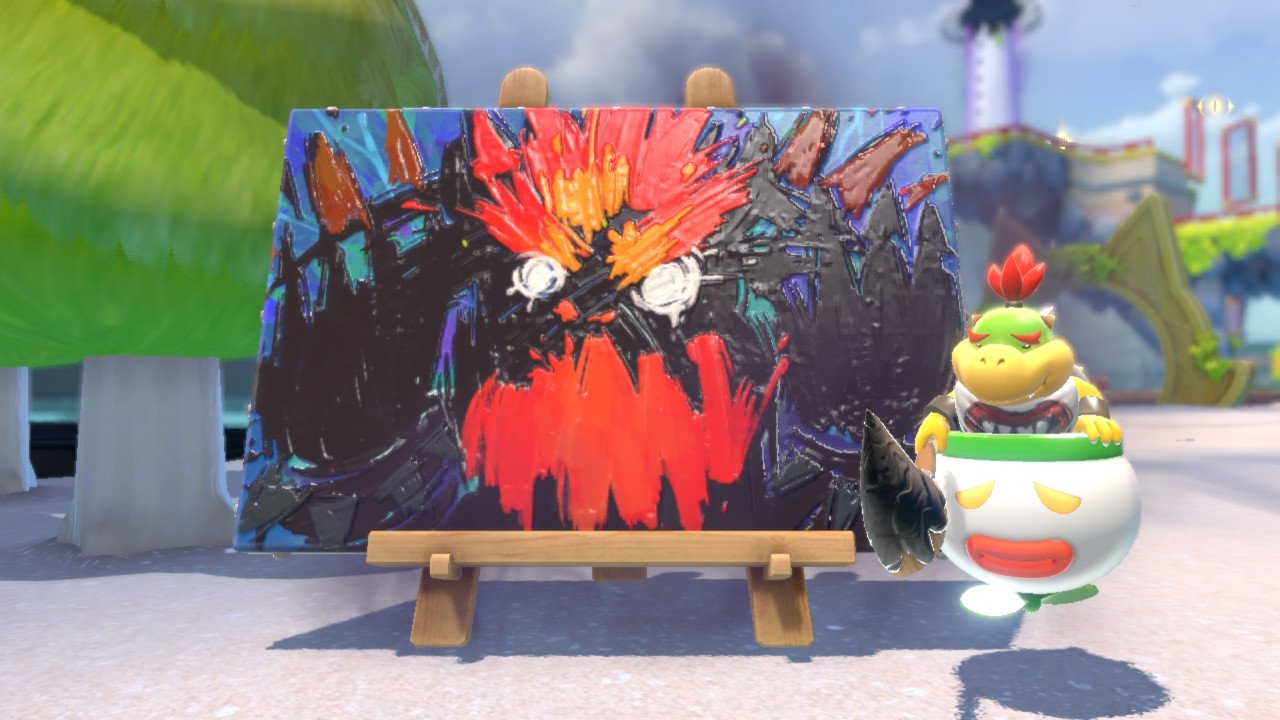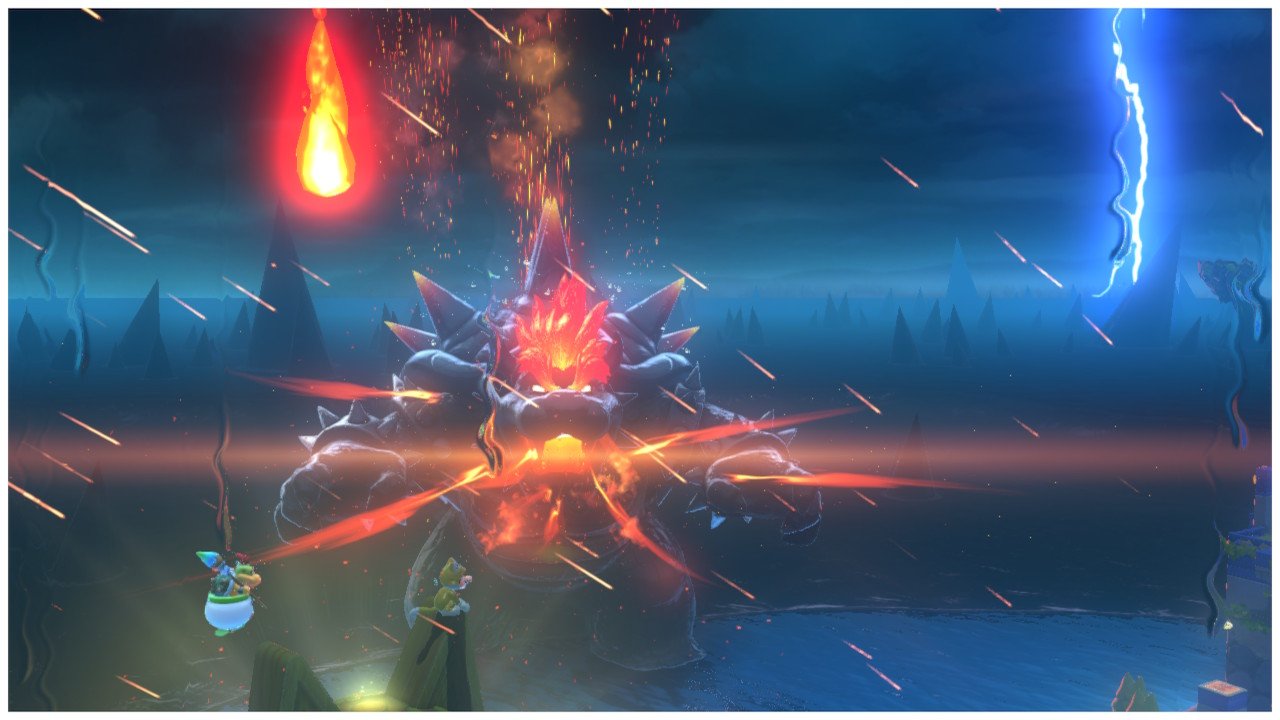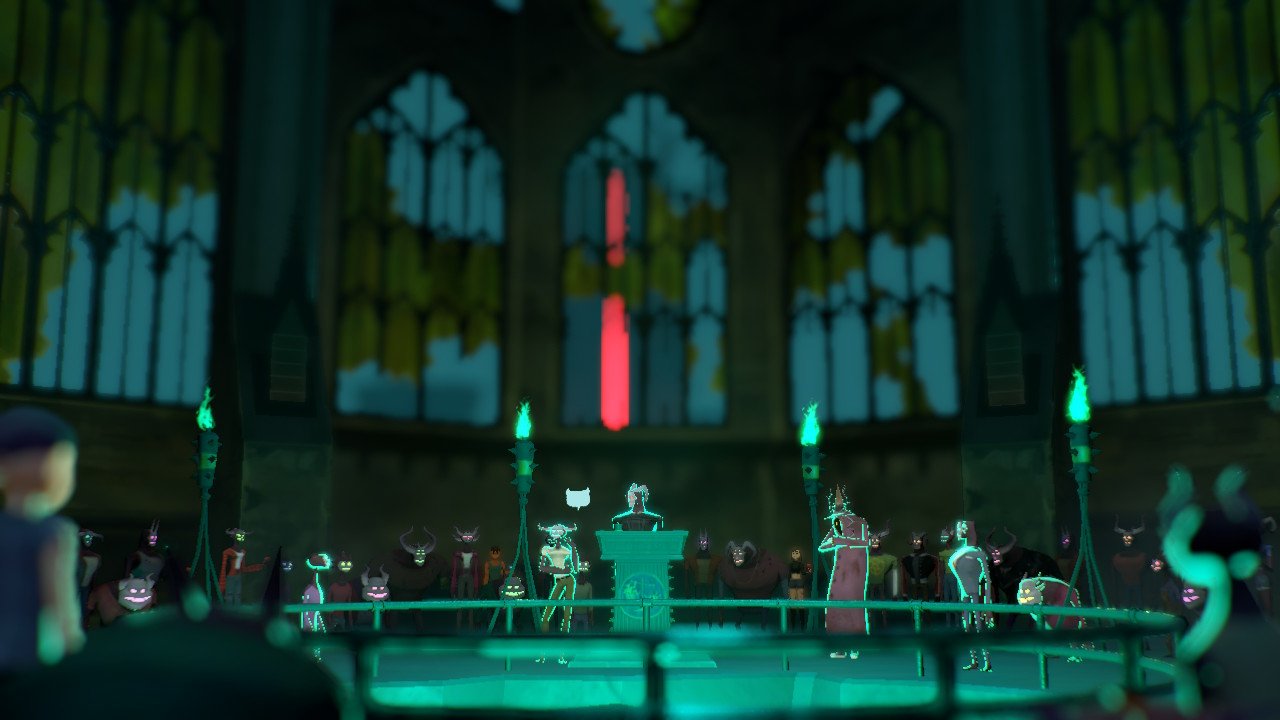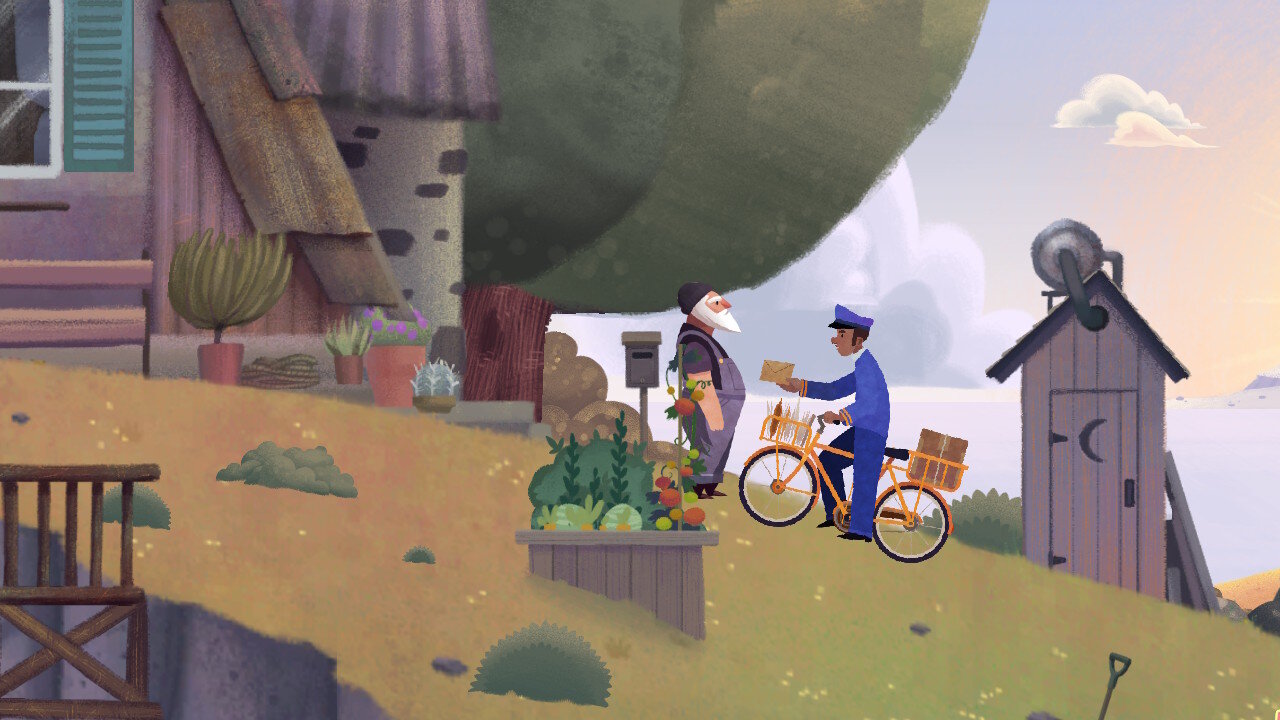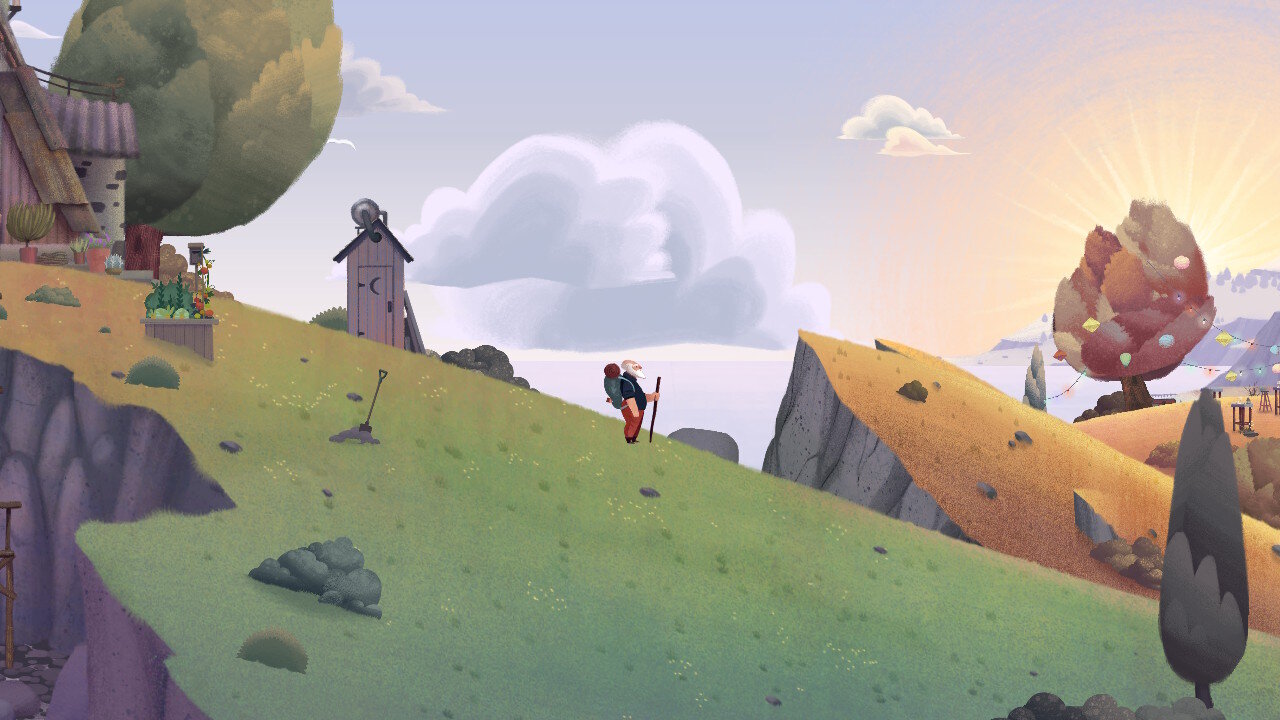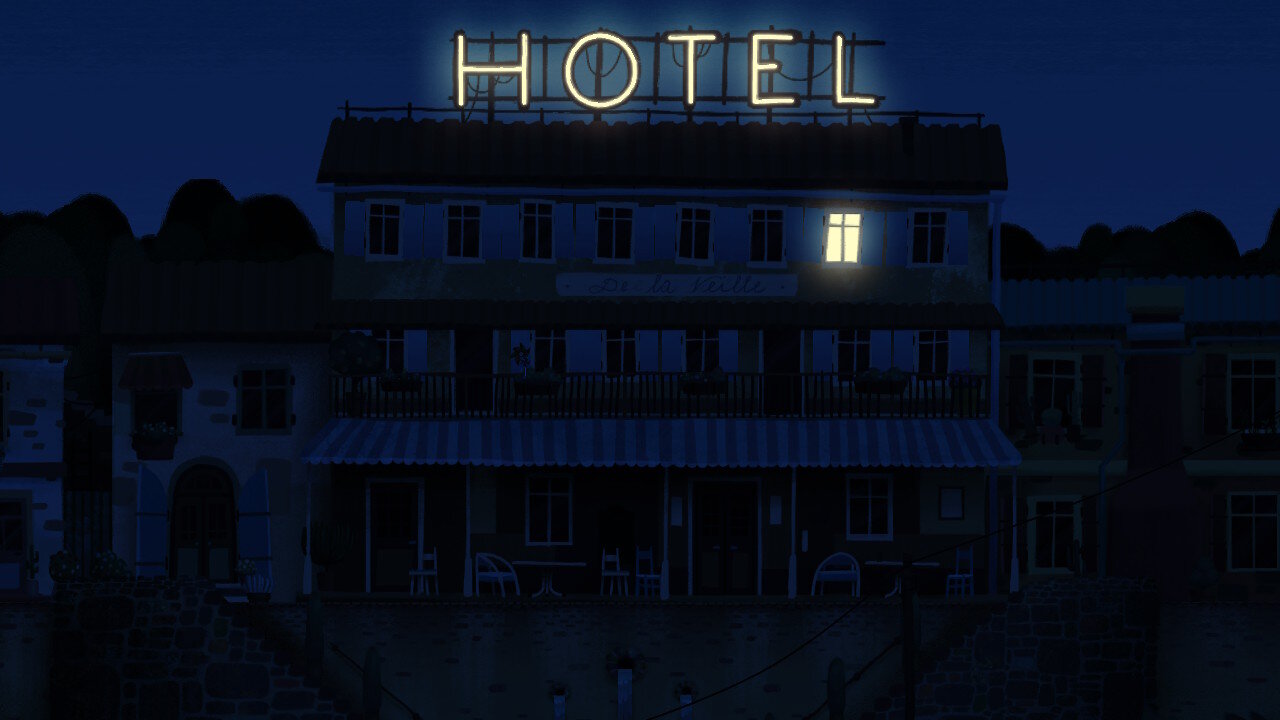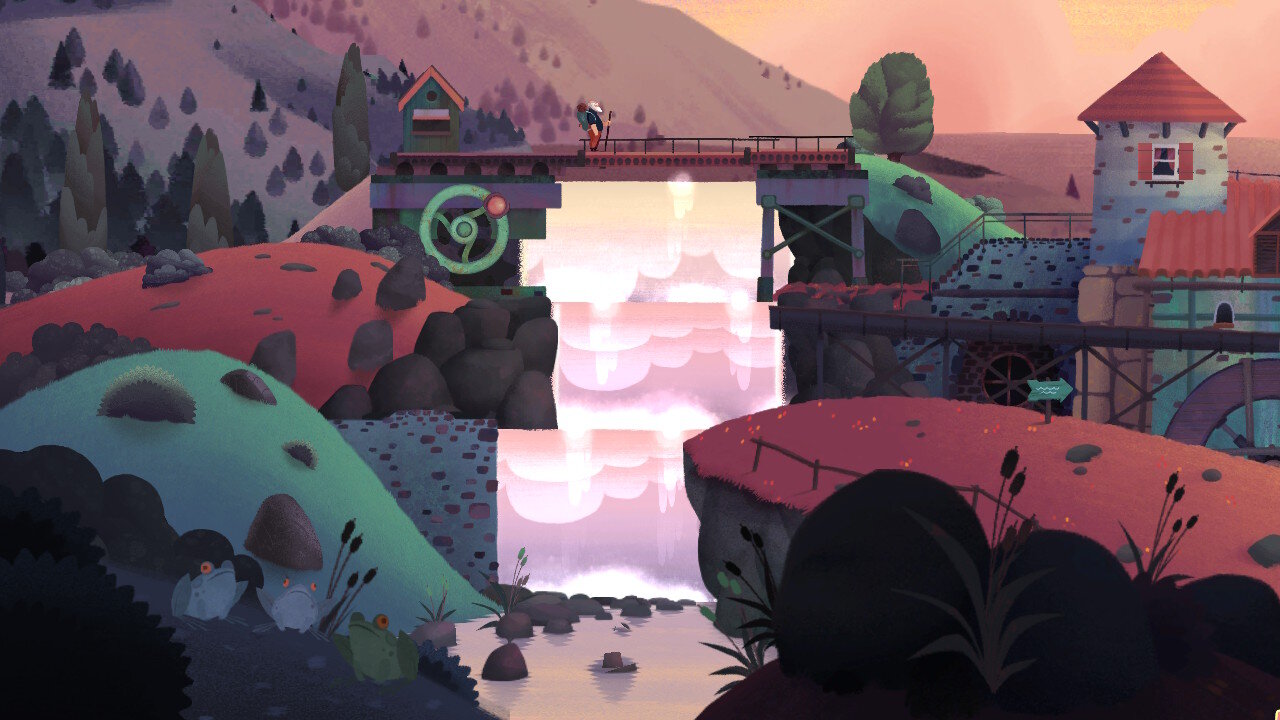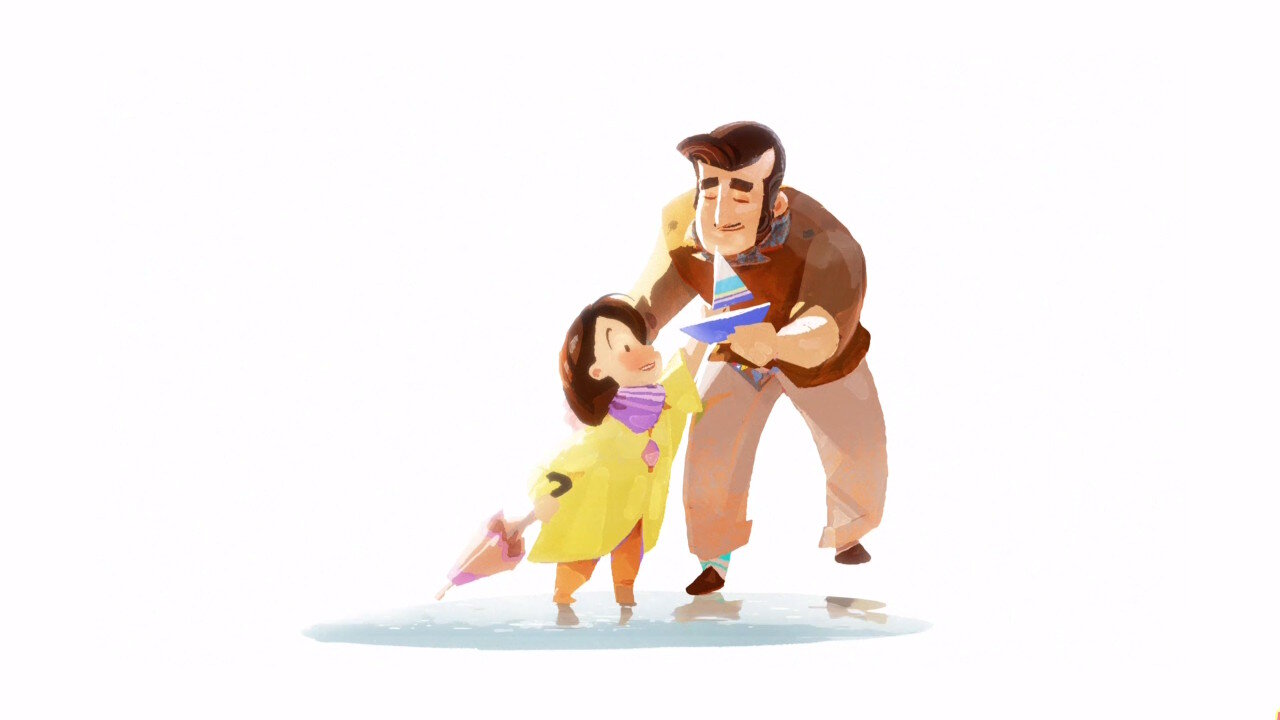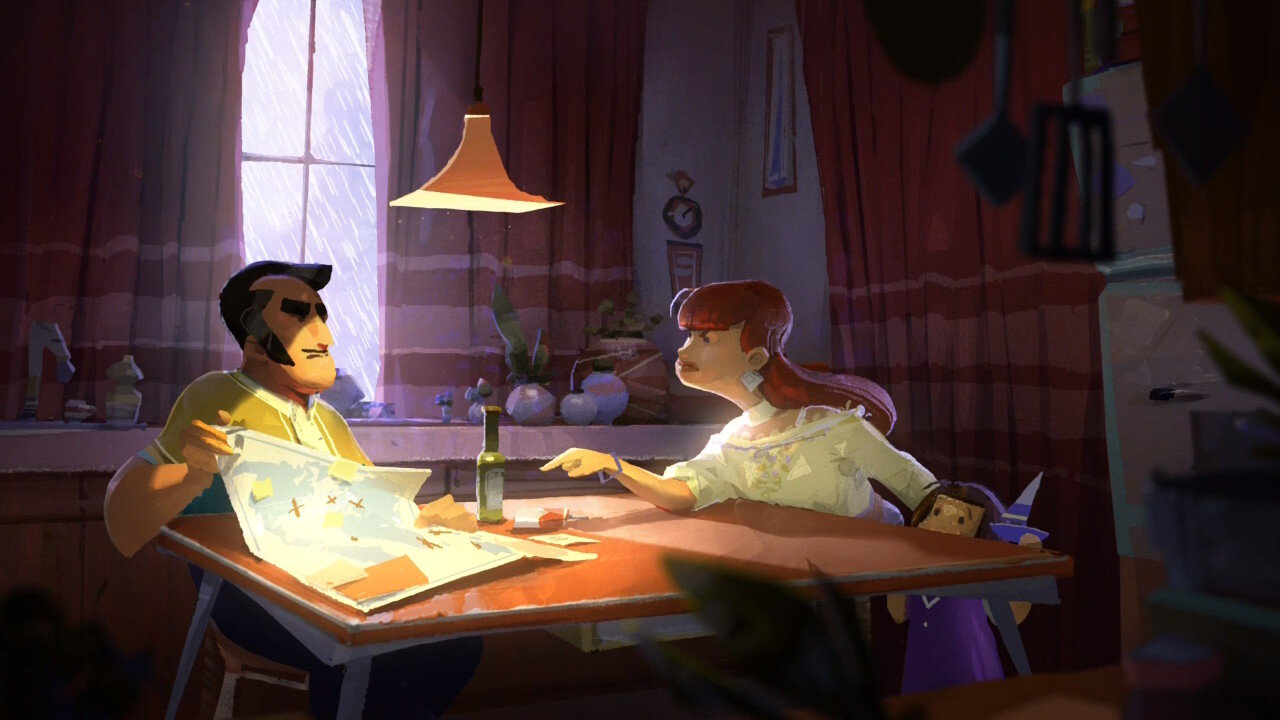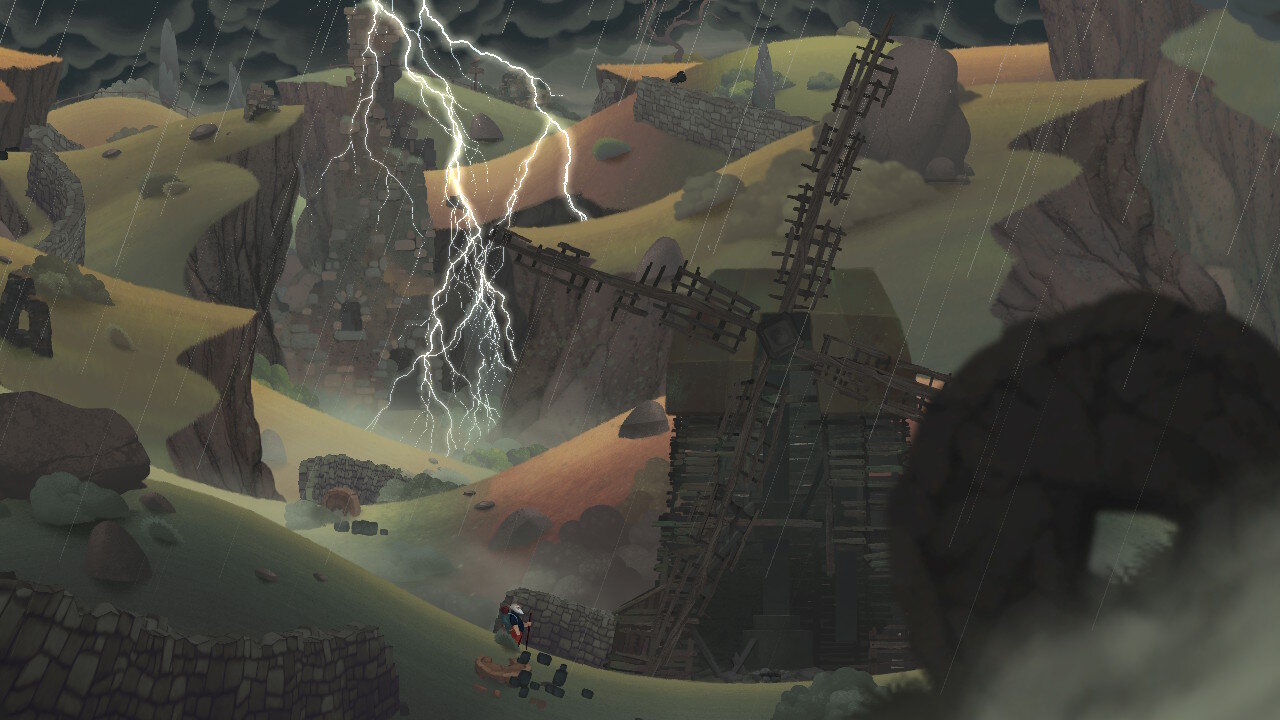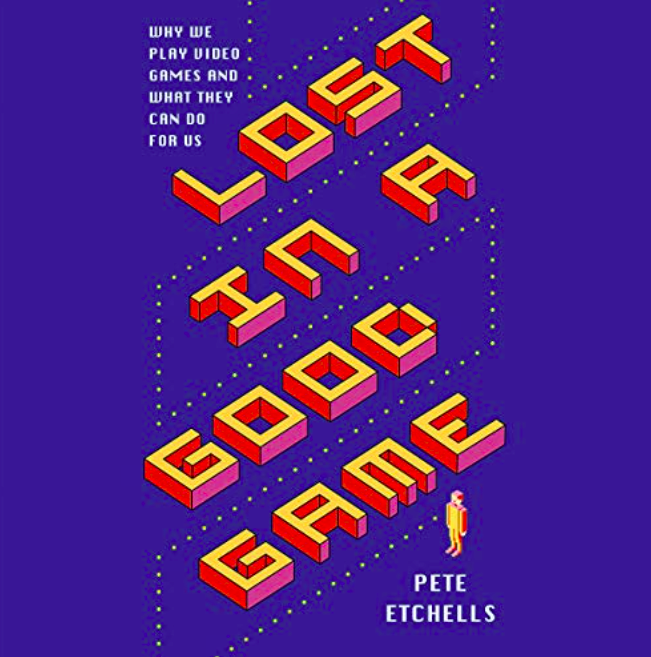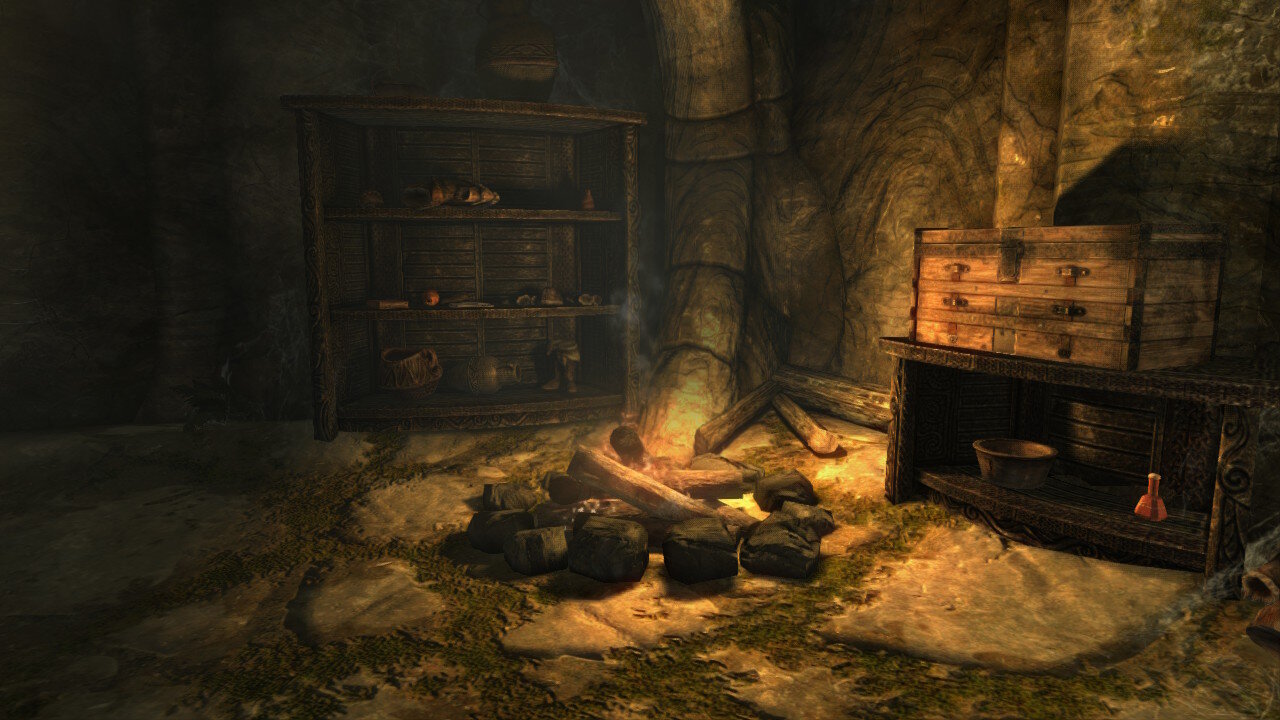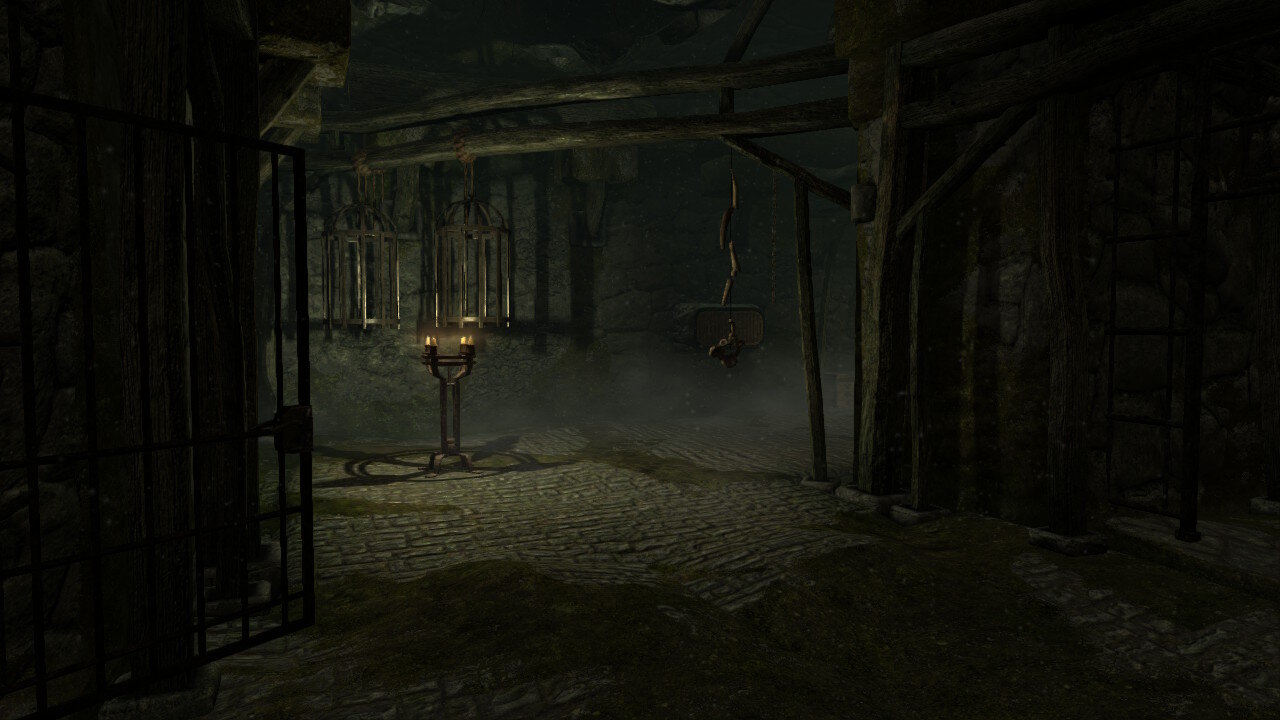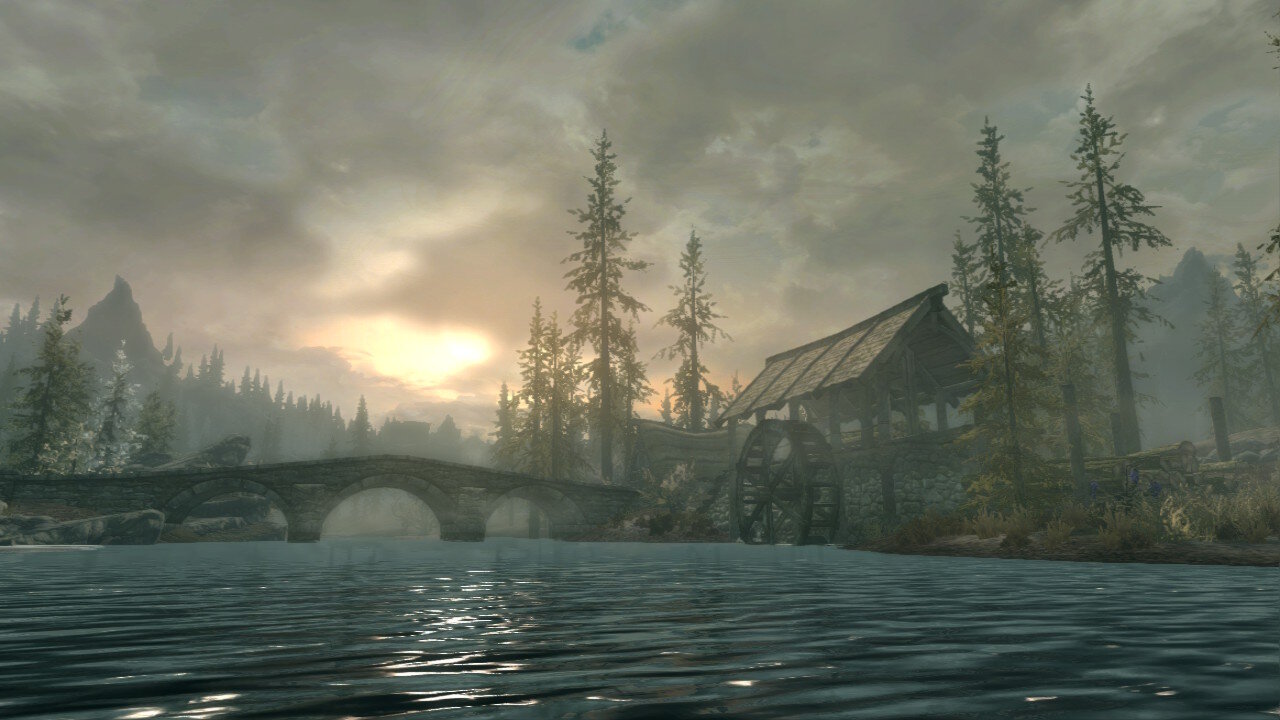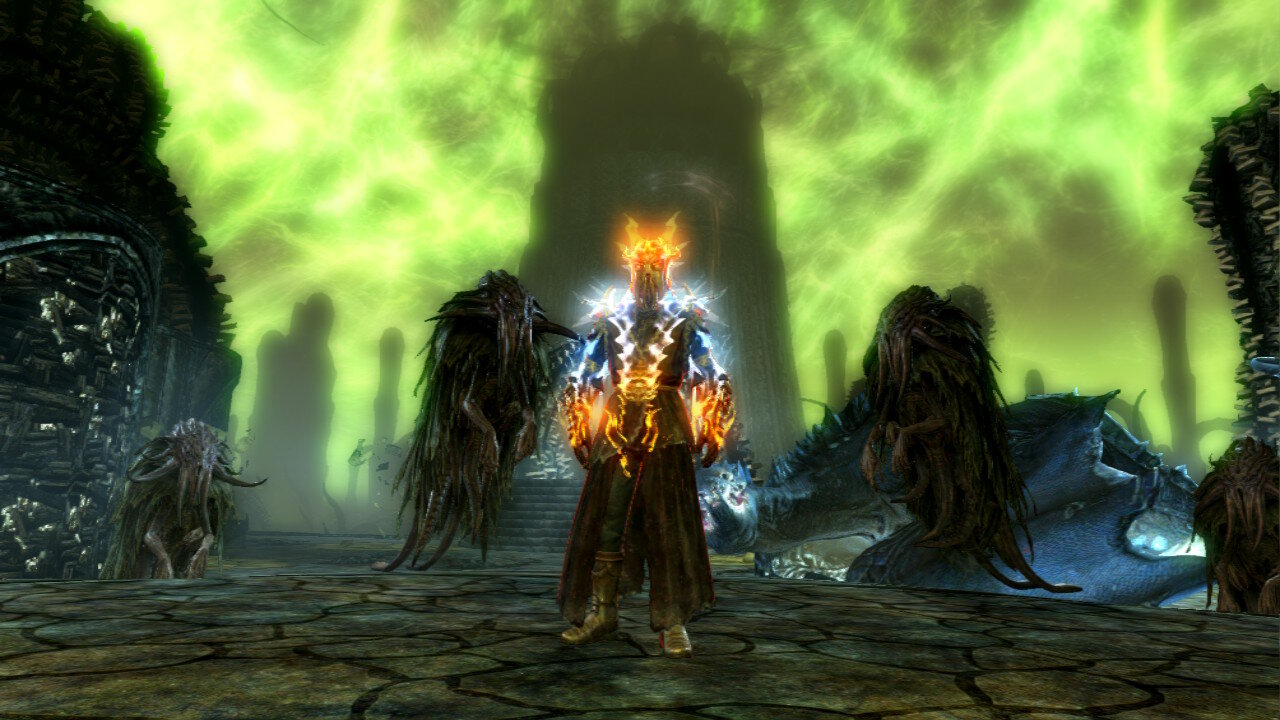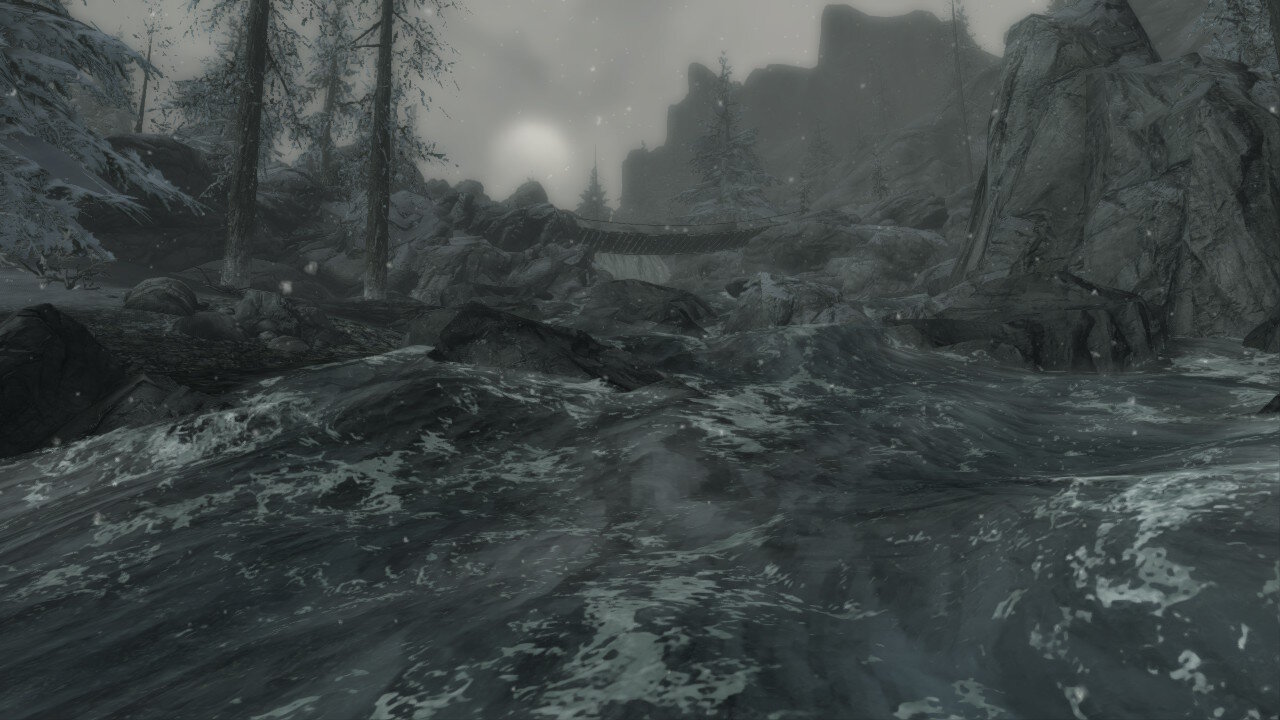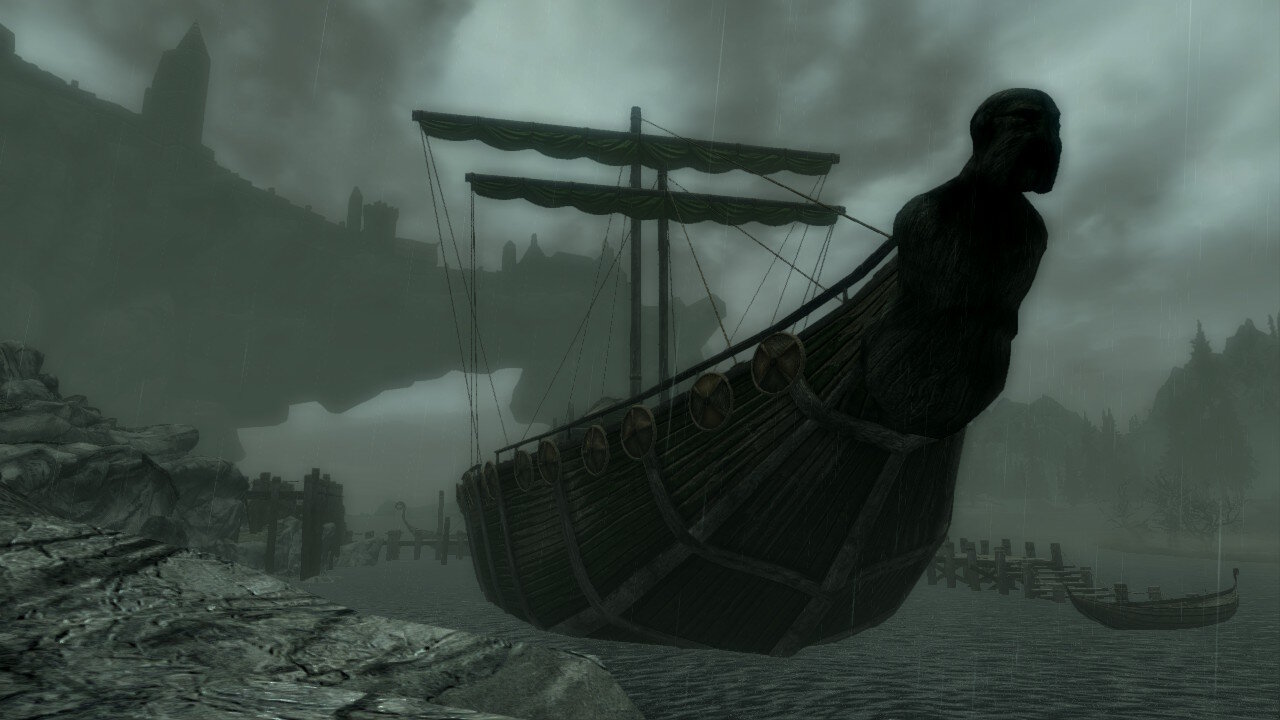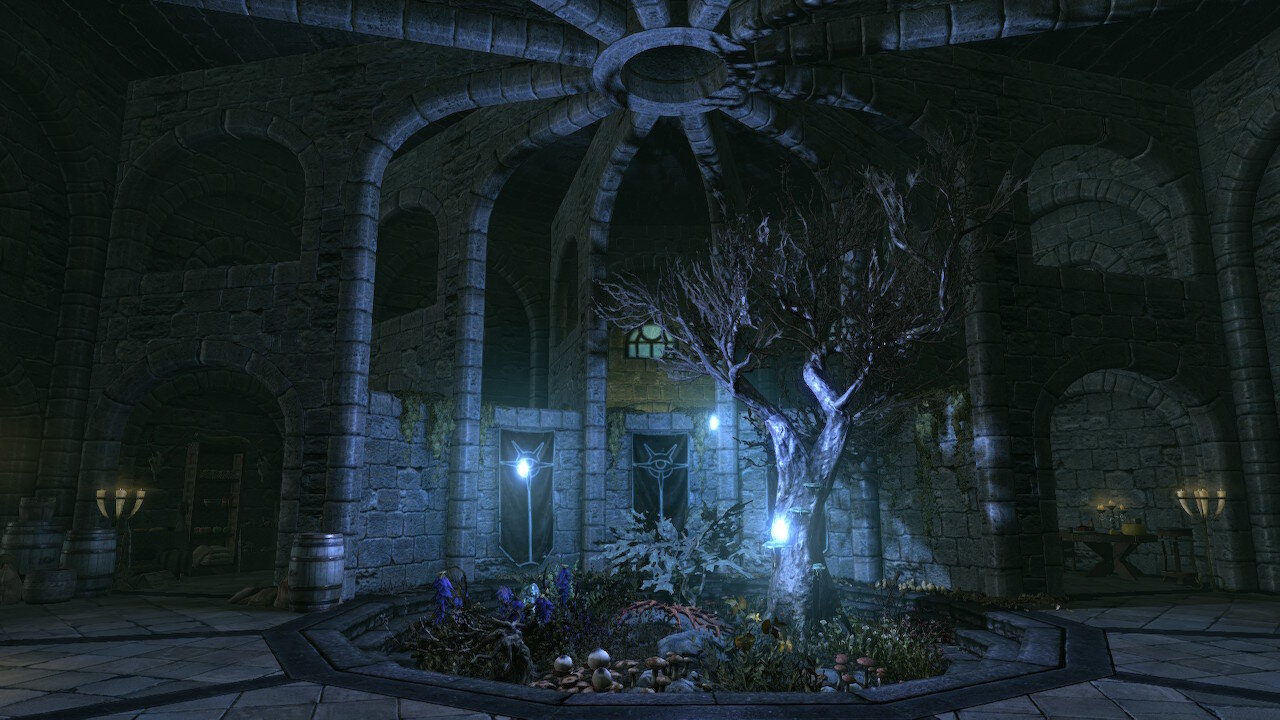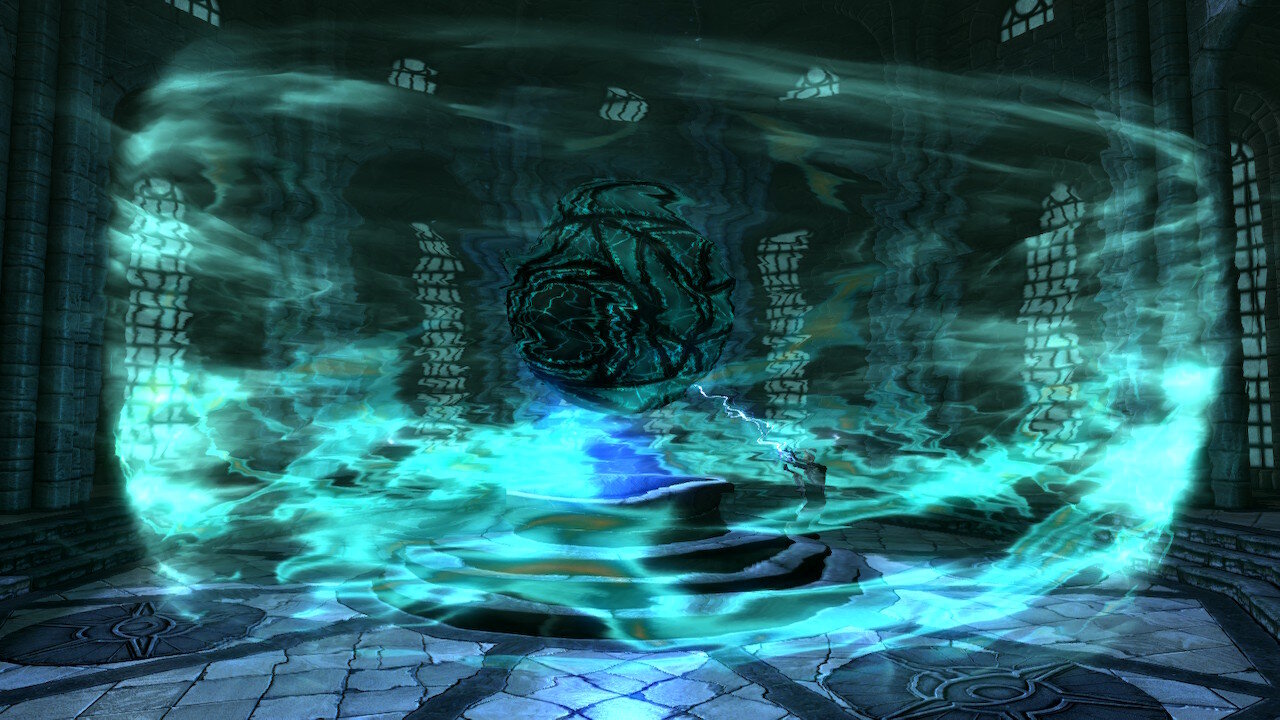Chapter 1, Dungeons and Demons, looks at Warcraft and how there are many ways to play this MMORPG- there are pacifists, mages, warlocks as well as the usual warriors and fighting classes. WOW is more to do with the sense of community and collegiate responsibility than just loners, sitting in their basements. Etchells discusses why WOW was so important for him as it helped him process the death of his father. He says that through video games we live many lives and through death in video games we learn about our own mortality, to take risks and learn.
Chapter 2, A Brief History of Video Games, sees Etchells briefly talk about the evolution of early computers and video games. He discusses the Power Out Video Game Exhibition (which is found in the Science Museum in South Kensington), The National Video Game Arcade (which is found in Sheffield), and the non-linear evolution of video games. It's useful stuff for those who want a quick potted history of the medium.
Etchells talks about how the sounds of the arcade reminds him of his childhood and the holidays he had. He's not wrong, playing Final Fight and R-type always reminds me of Heathrow Airport as it was there I first played these games whilst waiting for my uncles and aunties to arrive from Pakistan in the 80s.
Chapter 3, Why Do We Play Video Games? looks at the different reasons people play games. For the author, it enabled him to parse the fact that his father was seriously ill. For others it's based on Richard Bartle's anecdotal data that helped him create his work on the 4 archetypes of players: Achievers, Explorers, Socialisers and Killers. Etchells looks at the robustness of the research carried out and argues that there has not been enough good quality research done on the subject and that the scientific process has been left wanting, often with studies already assuming that the player will fill one of these archetypes or a derivative of one. However, Etchells argues, successfully in my opinion, that there are many different reasons why people play games and even within the same individual the reasons they play may change.
I wrote a little about how video games have helped many during the Coronavirus pandemic and me personally to process the new normal (link here). I have had Skyrim for many years and only during Covid did I pour over 200 hours in as I was seeking escape and an openness that was missing in my life. Beforehand, I'd found the game too vast and unknowable, during Covid.... No problem. Now, after Covid, I play it to enjoy the peace and calm afforded by the landscape.
Chapter 4, Control and Imagination, looks at how games are an emergent phenomenon which many moral guardians do not understand and so are vilified. Etchells discusses how Minecraft was a cultural touchstone, enabling unrivalled creativity but how many saw it as being a danger to youth as it was addictive etc. Etchells also discusses how many who look down on the medium have very little to do with it-cherry picking examples of violence to say that this is what games are but obviously there are different genres so it's a very simplistic argument.
Chapter 5, A Brief Interlude, looks at the research which is being done on video games and its influence on society and individuals psychology. Etchells discusses the problem with how scientific studied that are exciting and cutting edge are often brought to the fore and heavily advertised yet replication (repeating the experiment to see that the results track and are accurate) are not, thus you have ludicrous situations such as an experiment claiming psychic abilities exist. The test was fair and carried out well but wasn't possible to replicate but in the wide community there existed the thought that psychic abilities exist. The fact that research is funded and often the outcome will result in further funding and job opportunities means that much of Social Psychology has been found to be based on questionable research and selective data tampering, these are generally called Questionable Research Practices (QRPs). It's this that has affected many of the Sciences and led to a general weariness of headline discoveries. Etchells says that when replication experiments were carried out on hundreds of published papers nearly 3/4 were not replicable. That's means that the data and science that exists in social sciences is based on false data and the whole house of cards topples.
This chapter was particularly illuminating and paints a damning picture of the sciences, especially the social sciences where the replication procedures have shown that most of the claims made and approved in scientific papers were wrong.
Chapter 6, Are Violent Video Games Bad For Us? has Etchells looks at the issue and how scientific methodology to answer this question have not been stringent. Etchells discusses the various studies and explains how they are flawed but mentions that generally, the research shown does not link correlation with causation.
Chapter 7, Moral Panics, talks about how there are periods of time where 'folk devils' are created. This is where a narrative is pushed that an individual, group or idea is deviant and is to blame for societies ills. This occurred with the printing press, women in theatre, books, comics, rock music, Dungeons and Dragons ,
and now video games and the Internet. Etchells says that often moral panics are, more often than not, based on anecdotal data and that the scientists who pursue new media as a 'folk devil' do so because they feel like they want to better society and often have a halcyon view of their morality, childhood as a whole and their childhood. Generally, those who had more experience and interactions with youth and video games were more positive than those who didn't.
Chapter 8, Are Video Games Addictive? looks at how the usual way to measure addiction is by creating a facsimile of alcohol and drug addiction. However, whereas there is plenty of evidence about substance related harm there is very little evidence as regards harm and gaming addiction. Etchells discusses the issues raised by the World Health Organisation (WHO) categorising Gaming Addiction alongside these other addiction- primarily that there is no clear evidence to support this fact. The fact that there are Bootcamps to overcome this 'addiction' is worrying, especially when news of ‘correctional camps’ in China with some suicides comes into play *cough* Uyghur *cough*
Etchells does discuss the worrying trend of loot boxes, gambling mechanics and freemium models entering the gaming space and how, in the long run, this could cause societal problems for those with addictive personalities or neurodivergent. He wrote the book in 2018 and so the recent House of Commons discussion regarding gambling mechanics hasn't been covered but he was very prescient.







